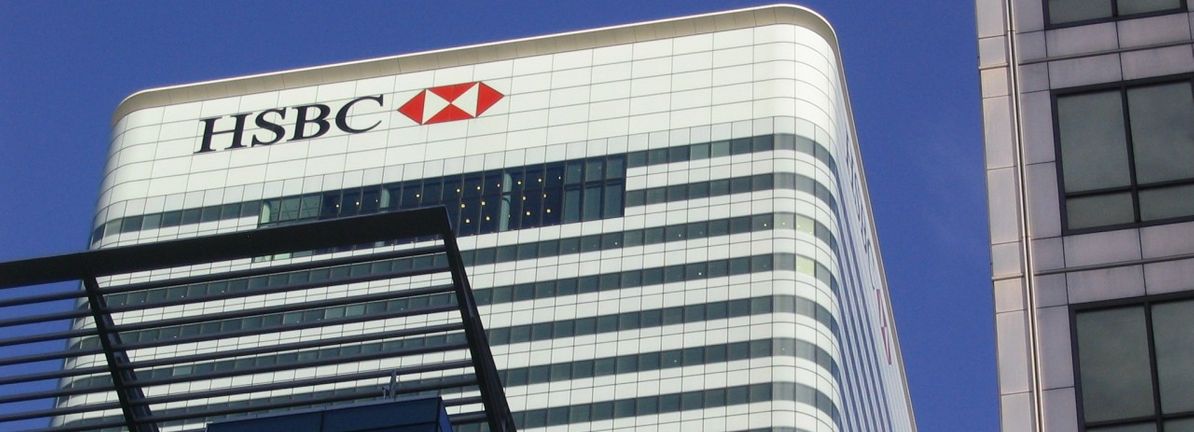HSBC Holdings plc (LON:HSBA) stock is about to trade ex-dividend in four days. Typically, the ex-dividend date is two business days before the record date, which is the date on which a company determines the shareholders eligible to receive a dividend. The ex-dividend date is important because any transaction on a stock needs to have been settled before the record date in order to be eligible for a dividend. Therefore, if you purchase HSBC Holdings’ shares on or after the 6th of November, you won’t be eligible to receive the dividend, when it is paid on the 18th of December.
The company’s next dividend payment will be US$0.10 per share, on the back of last year when the company paid a total of US$0.66 to shareholders. Looking at the last 12 months of distributions, HSBC Holdings has a trailing yield of approximately 4.7% on its current stock price of UK£10.634. We love seeing companies pay a dividend, but it’s also important to be sure that laying the golden eggs isn’t going to kill our golden goose! That’s why we should always check whether the dividend payments appear sustainable, and if the company is growing.
Dividends are usually paid out of company profits, so if a company pays out more than it earned then its dividend is usually at greater risk of being cut. HSBC Holdings paid out more than half (71%) of its earnings last year, which is a regular payout ratio for most companies.
Generally speaking, the lower a company’s payout ratios, the more resilient its dividend usually is.
View our latest analysis for HSBC Holdings
Click here to see the company’s payout ratio, plus analyst estimates of its future dividends.
LSE:HSBA Historic Dividend November 1st 2025
Businesses with strong growth prospects usually make the best dividend payers, because it’s easier to grow dividends when earnings per share are improving. If earnings fall far enough, the company could be forced to cut its dividend. It’s encouraging to see HSBC Holdings has grown its earnings rapidly, up 27% a year for the past five years.
Many investors will assess a company’s dividend performance by evaluating how much the dividend payments have changed over time. In the past nine years, HSBC Holdings has increased its dividend at approximately 2.9% a year on average. Earnings per share have been growing much quicker than dividends, potentially because HSBC Holdings is keeping back more of its profits to grow the business.
Is HSBC Holdings an attractive dividend stock, or better left on the shelf? Earnings per share are growing nicely, and HSBC Holdings is paying out a percentage of its earnings that is around the average for dividend-paying stocks. We think this is a pretty attractive combination, and would be interested in investigating HSBC Holdings more closely.
On that note, you’ll want to research what risks HSBC Holdings is facing. Case in point: We’ve spotted 1 warning sign for HSBC Holdings you should be aware of.
Generally, we wouldn’t recommend just buying the first dividend stock you see. Here’s a curated list of interesting stocks that are strong dividend payers.
Have feedback on this article? Concerned about the content? Get in touch with us directly. Alternatively, email editorial-team (at) simplywallst.com.
This article by Simply Wall St is general in nature. We provide commentary based on historical data and analyst forecasts only using an unbiased methodology and our articles are not intended to be financial advice. It does not constitute a recommendation to buy or sell any stock, and does not take account of your objectives, or your financial situation. We aim to bring you long-term focused analysis driven by fundamental data. Note that our analysis may not factor in the latest price-sensitive company announcements or qualitative material. Simply Wall St has no position in any stocks mentioned.

